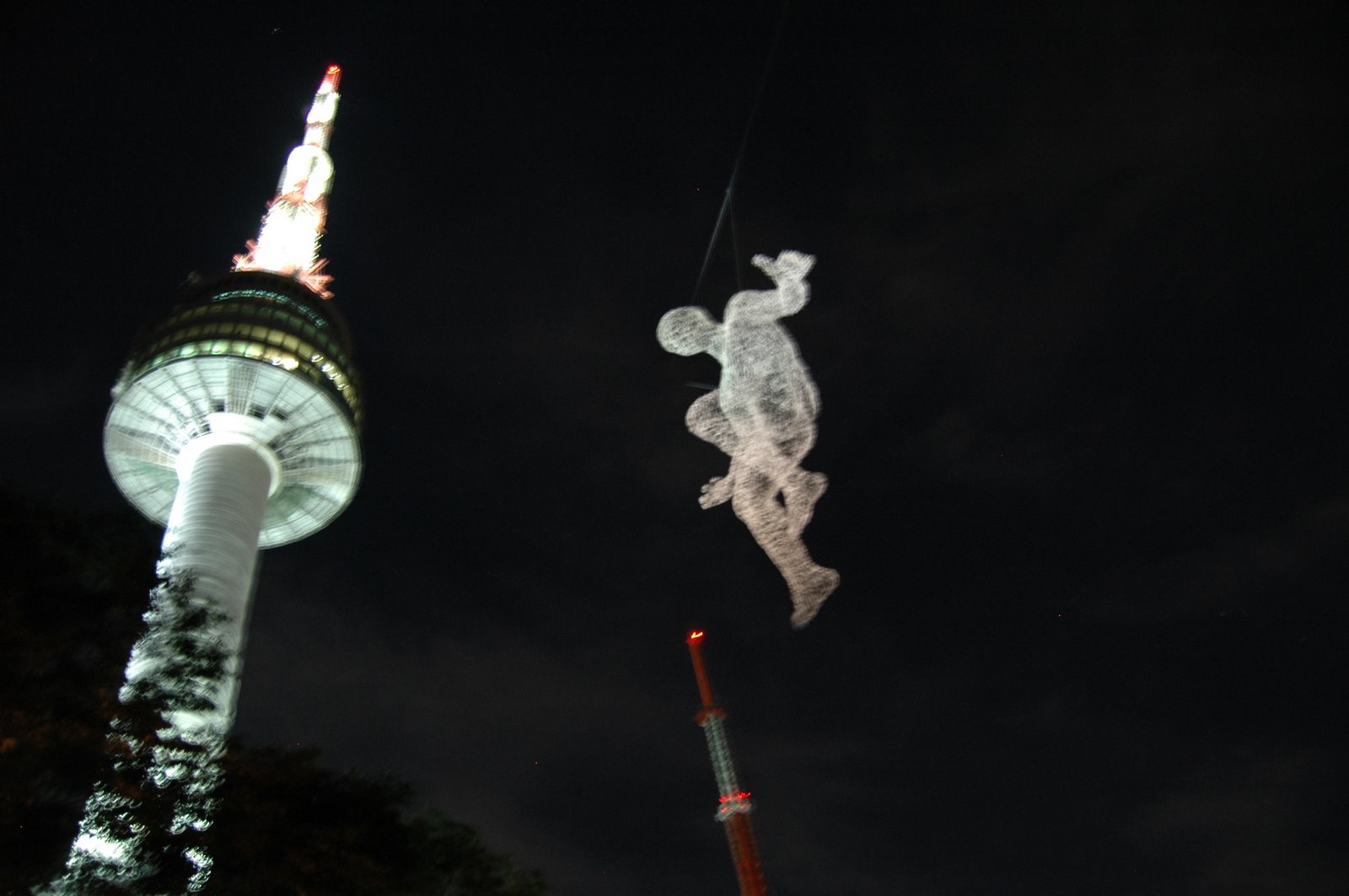 "What is the What: The Autobiography of Valentino Achak Deng"
"What is the What: The Autobiography of Valentino Achak Deng" By Dave Eggers
When he was a young boy, armed Arab horsemen raided Valentino Achak Deng's village in southern
Without any knowledge of his family's safety, he ran until he found others. Hundreds of walking boys banded together, shuffling across the barren plains of southern
Allow a necessary comment on the title: "What is the What" comes from an old Sudanese proverb that said when God made
There is a timeliness to "What is the What." In the book's introduction, Deng states that between May 16, 1983 and Jan. 9, 2005, over 2.5 million people died of war and war-related causes in
Eggers deserves the reverence he is held in by literate youth. The memoir "A Heartbreaking Work of Staggering Genius" is the kind of book that people rarely speak badly of, and in the rare instances they do, they are sharply rebuffed by its defenders. His collection of short stories, "How We Are Hungry," is the kind of book people send across oceans to surprise their friends with as a gift. "What is the What" is the kind of book that made a friend of mine start thinking about becoming an aid worker in
Together, Eggers and Deng traveled to
You can hear the lions roar in the night, feel the ache of thirst in the boys' throats, and sense the fear of crossing a river full of crocodiles while being shot at and unable to swim. If Deng had written the story himself, it would have been good material. If Eggers had constructed a similar story from his imagination, it would have been written well. But bringing together a great writer and a story so rich in substance makes it superior.
If you have a conscience, you will read Deng's story with guilt and sadness. But it is not the intention of the author or the subject to invoke pity. The story is not a heartbreaking work of tragedy. The story is not a heartbreaking work of staggering beauty. The story is not a heartbreaking work of the forces of good winning out over the forces of evil. There is no great moral or resolution. It is simply the story of a life that was not simple at all.





No comments:
Post a Comment